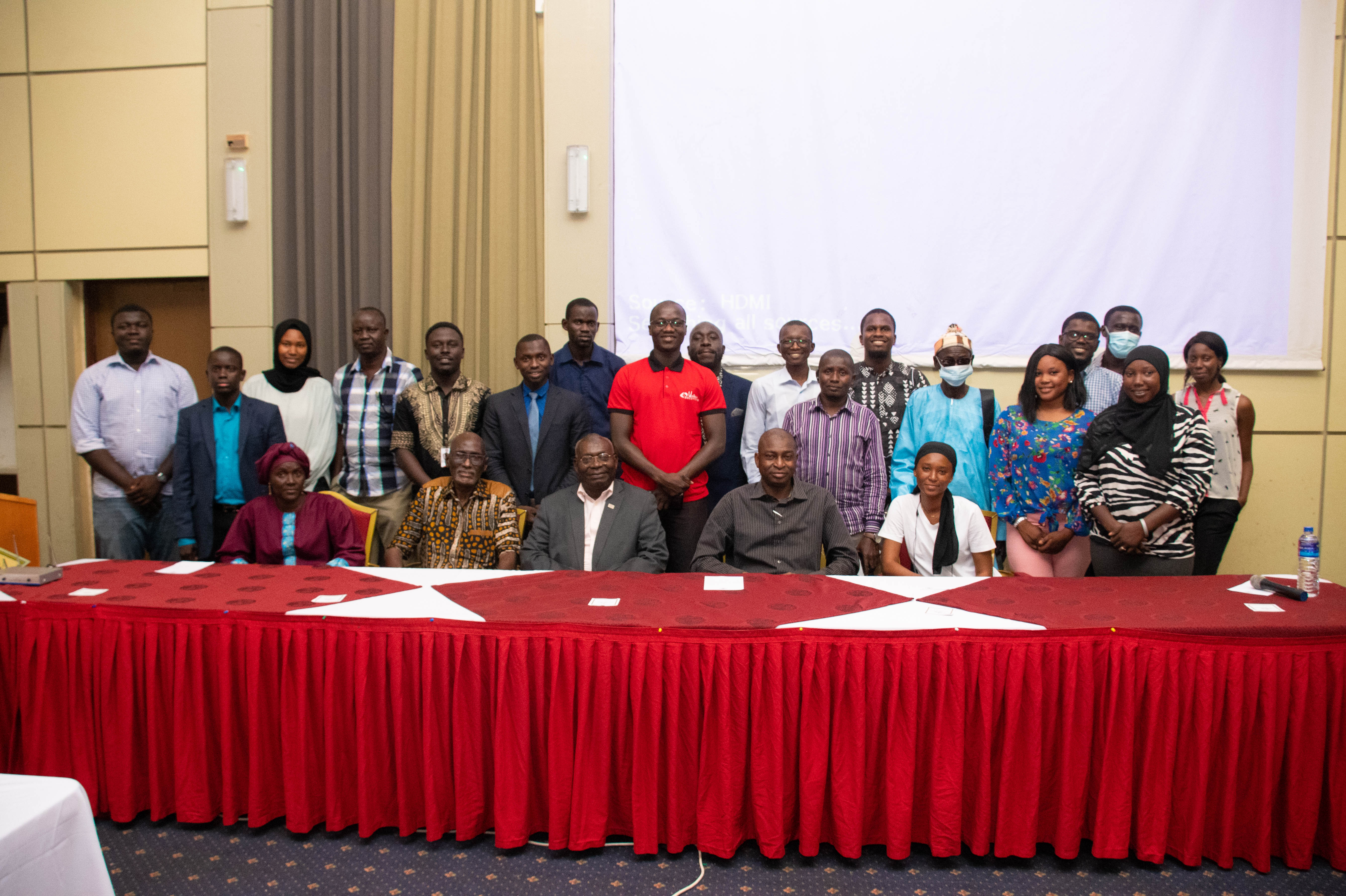 Background:
Background:
The Gambia is facing growing challenges associated with the disposal and management of waste electrical and electronic equipment (WEEE), commonly referred to as e-waste. As the penetration of electrical and electronic equipment (EEE) increases in households, businesses, and institutions, so too does the volume of obsolete and end-of-life devices. This emerging waste stream presents environmental and public health risks, while also offering potential economic opportunities if properly managed.
Recognizing the need to proactively address the risks and harness the opportunities associated with e-waste, the Government of The Gambia is working to develop a National Strategy on the Management of Waste Electrical and Electronic Equipment. This strategy aims to establish a sustainable, efficient, and inclusive system for e-waste management in line with the country's development priorities and international environmental commitments.
With technical assistance from the International Telecommunication Union (ITU), and support from the Ministry of Environment, Climate Change and Natural Resources, a government consultation workshop was convened in Kololi to gather input from key national stakeholders. The workshop served as a critical platform for aligning government perspectives, understanding the local e-waste context, and laying the groundwork for a coordinated national strategy.